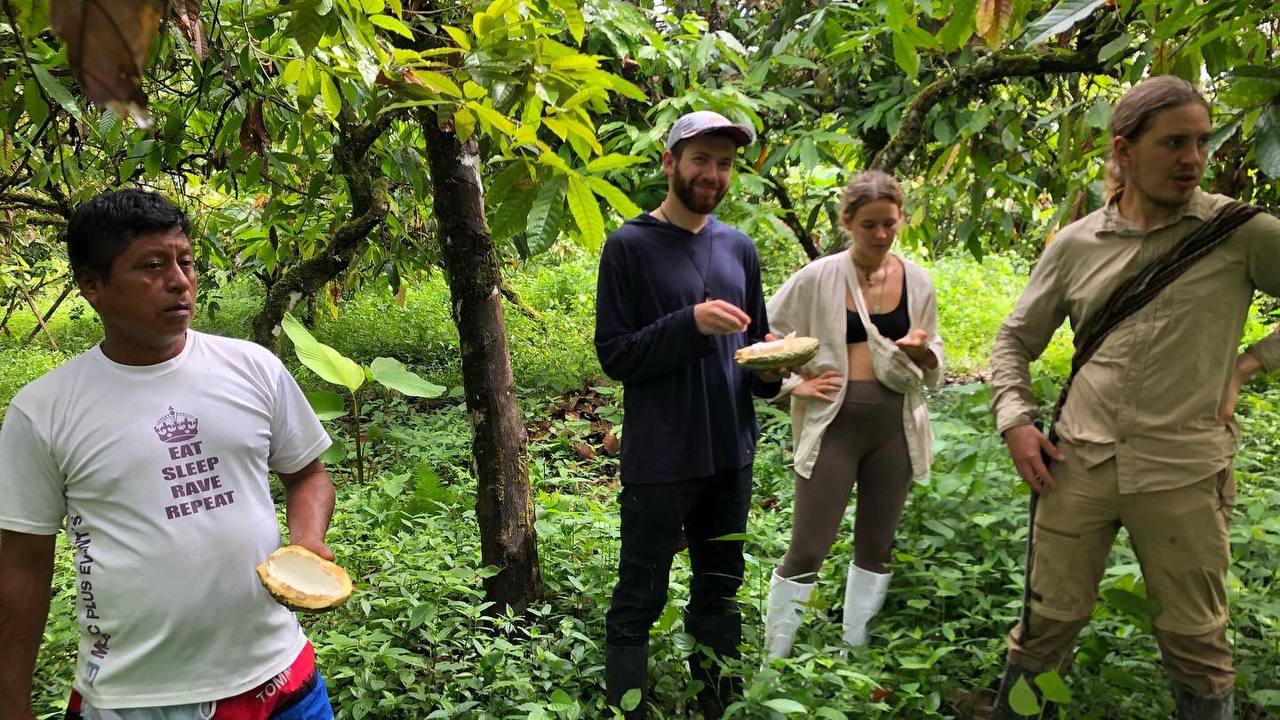
It was not an easy decision to travel shortly before Christmas to the remote cocoa plantations of the Chachi Indians from Esmeraldas, Ecuador.
Even though I knew that this meant a complicated and expensive journey, at the time I had no idea what remote really meant.
Starting with two flights within South America to Guayaquil, Ecuador, we were picked up by Jan from Original Beans and his cocoa technician and transported to the north in a four-wheel drive jeep for a day. Along the coast and without any real breaks we made our way towards the jungle.
We should visit two destinations to thank the farmers for their work and to bring gifts for Christmas.
Two different settlements that are home to the extremely rare genus of the Arriba Nacional native to South America.
To this day I wonder how Original Beans was able to locate exactly these two settlement points in the depths of the jungle and then help them build the complex infrastructure for their cocoa.
Complex because the settlements offer the perfect vegetation for their cocoa, but not for drying and selecting it.
It is also complex because the settlements can only be reached by a combination of different types of vehicles (four-wheel drive, boat, foot).
So we set off before dawn to reach the departure point for the narrow boat in the jeep in the morning, which will take us up the river for a total of 2.5 hours - if we're lucky and the weather permits.

We plowed through the tropical river packed with seedlings of commercial trees such as cinnamon, as well as gifts for the farming families and their children. The boat was so full that one or two waves splashed into it. We prepared ourselves for the occasional rain showers with tarpaulins that we covered ourselves like blankets.
Arriving at the first settlement was as welcoming as it was challenging. Due to the region's countless rains, the jungle floor, including the pier, is pure mud. So it's no wonder that residents have always built their houses on stilts.
With helping hands, slipping rubber boots and lots of giggling and croaking, the men of the village helped us from the boat up into the settlement.

Especially when we arrived there was a meal with specially hunted capybara, called Wante . This ritual occasion also tempted me to eat dead animals again. Out of appreciation and recognition for this community.
We then moved on to the long-awaited gifts for the farming families of the first settlement.
" The two settlements are so different, it's hard to believe that they come from the same region, " Jan said to me.
The people of the first settlement turned out to be polite, reserved and quiet.
They gratefully accepted the one made from their cocoa vegan milk chocolate in contrast to. A beautiful symbol of appreciation that actually reflects much more than just a fine chocolate gift.
By working with Original Beans, these purely organic farmers are able to generate a stable and respectable income that supports and secures the entire village and gives their children opportunities that their parents never had.
In addition to chocolate, the farmers also received Jan's famous, homemade vegan gingerbread and his homemade chocolate cream. Plus t-shirts and gym bags from Original Beans.
The appreciation was sealed by shaking hands and taking photos together.

We used the afternoon to take a walk to a remarkable cocoa farm.
Walk because it turned out to be a long trek through knee-deep mud, which swallowed up my rubber boots and Anka 's on more than one occasion.
Luckily, every now and then we found strength in the sweet flesh of ripe cocoa berries and in free-growing sugar cane, which we found with just a few blows of a machete.
To this day I still don't understand what was special about this farm, but the march showed me the terrain in which the farmers do their work. And all this with cocoa sacks weighing over 60 kilograms on their shoulders.
The return journey downstream was without complications and much faster.
Since the second settlement awaited us the next day, we had no choice but to fall dead into bed after arriving at the hotel.
Departure for the Chachi
Again before dawn, but this time we get into the car and prepare for a longer drive.
Over an hour to the village. And from there?
" No se sabe " means: you don't know.
The route through the jungle is marked by ditches the size of cars and constantly occurring landslides. When we arrived in the village we bought sweets for the children of the settlement and set off.
It was supposed to be an unforgettable car ride, on which we took around 20 men from the area with us in the back.
We drove through puddles that reached up to the passenger window, slid the car down slopes and were thrown around in the back seat like we were at a carnival. The car roared and every slope offered a new chance to get stuck once and for all.
The sudden onset of heavy rain created a dramatic background noise that made any conversation impossible.
Maybe it was 1.5 hours, or maybe 3. The intensity of the journey makes the time calculation very vague.
At some point, however, we find ourselves on a muddy hill, which turned out to be a pier.
A few men in rubber boots help us carry our gifts and luggage to the boat that is waiting in the rain.
Gracefully, like elephants on the ice skating rink, we slide down the slope and into the nutshell.
Before we know it, we continue our journey on a river. Only two more hours, that's what they say.

When we arrive at the settlement, this time there is a different reception. Crowds of children cavort on the pier. They shout, wave, jump and clap.
Jan had mentioned that there were a remarkable number of children in this village, but he didn't talk about hordes of them.
We head up to the village to stop straight at Ritter . And that is actually his name. We refrained from asking how he got this.
Ritter tried his luck as a singer in the capital Quito and discovered that his future lay in Esmeraldas. In his hometown.
Here he acts as a project manager, contact person and translator (because not all of the Chachi speak Spanish fluently).
With Ritter we set off to visit some of the cocoa farmers and examine their tree landscape and even explore a waterfall. He turned out to be an incredibly honest, authentic and helpful person with indigenous roots.

A village meeting is scheduled for the afternoon, at which all the cooperating farmers were present, as well as their wives and many, many children.
On the occasion of the big gathering, Ritter's wife made a large pot of cocoa. Definitely 15 liters. Based on their local cocoa mass, which you could soon have in your hands. ;)
This was divided into two standard buckets with a measuring cup for pouring.
Although we mentioned our preference for sugar (preferably none), half a kilo of the crystalline sweetness probably found its way into the cocoa. To the delight of the locals.
At the same time, Jan, Anka and Misch started packing the sweets into small bags for the children. We were allowed to give them all sorts of unhealthy stuff that the kids wouldn't otherwise have access to.

Of course, the ever-present children caught wind of the candy campaign and before we knew it, we had the company of a girl who was determined to help out, to be on the sweet front and in our presence. She shouldn't leave our place later...
With a plastic tub full of sweets and two plastic buckets full of cocoa, we headed to the meeting place, which was also the sports field. We lined up there and took turns speaking.

First Ritter, who gave a few introductory words about our visit, then our technician, who discussed the results of the season and potential for improvement and then Jan, who represented Original Beans and thus Europe for the farmers.

When Jan finished speaking, he turned to me and whispered:
"It would be good if you said a few words too, like being a chocolate maker and stuff..."
I stepped understandingly two steps forward and introduced myself as the last in this chain of appreciation. In my Spanish, which was not without errors, I emphasized the value of the work of the individual farmers, especially the ecological aspects of their farming and, last but not least, the excellent quality of their beans.

As I spoke, I understood that I was standing before them not just as a gringo who had stumbled here by chance, but as a gateway to the civilized world that some of the farmers or their children dreamed of.
For me, this was a key moment because I understood that it is essential to give the people of developing nations their unique identity to admit value. More important than showering them with donations is recognizing that these men and women are making their contribution to a sustainable world that we all want.
After the enthusiastic speeches, cocoa was served, gifts were distributed and there was laughter, dancing and playing until we finally climbed into our reserved hammock to sleep.

Anka and I spent part of the night in a hammock until it became uncomfortable and I looked for my own.

The next morning, after a simple breakfast, we headed to the boat dock, closely followed by children, chickens and dogs.
Before that I wanted to visit the outhouse, which was also built on stilts, where I managed to do the impossible. While I was standing up peeing, one of my feet broke through the rotten wooden floor and, sleepy as I was, I found myself in an extremely precarious situation. With one leg under the ground, pants open and used toilet paper around me, I grabbed the wooden box that represented the toilet and pulled myself up.
" What's wrong, darling? You look a little off ." Anka said to me when I came back. She wasn't the only one who seemed to have noticed, as the rest of our team also looked at me with concern.
" Todo bien, " I said, looking down embarrassed and carefully washing my hands again before we boarded our long, narrow boat, rattled off and waved to the villagers.

That was the visit to these two lovely settlements, with stories that were as lovely as they were impressive. Our Esmeraldas cocoa carries all these stories and more.
And if you listen carefully, you too can listen to them.
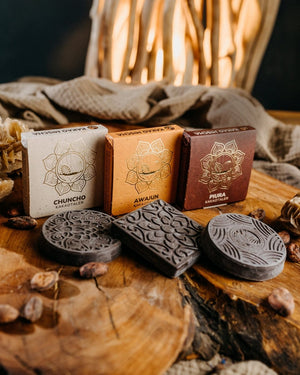


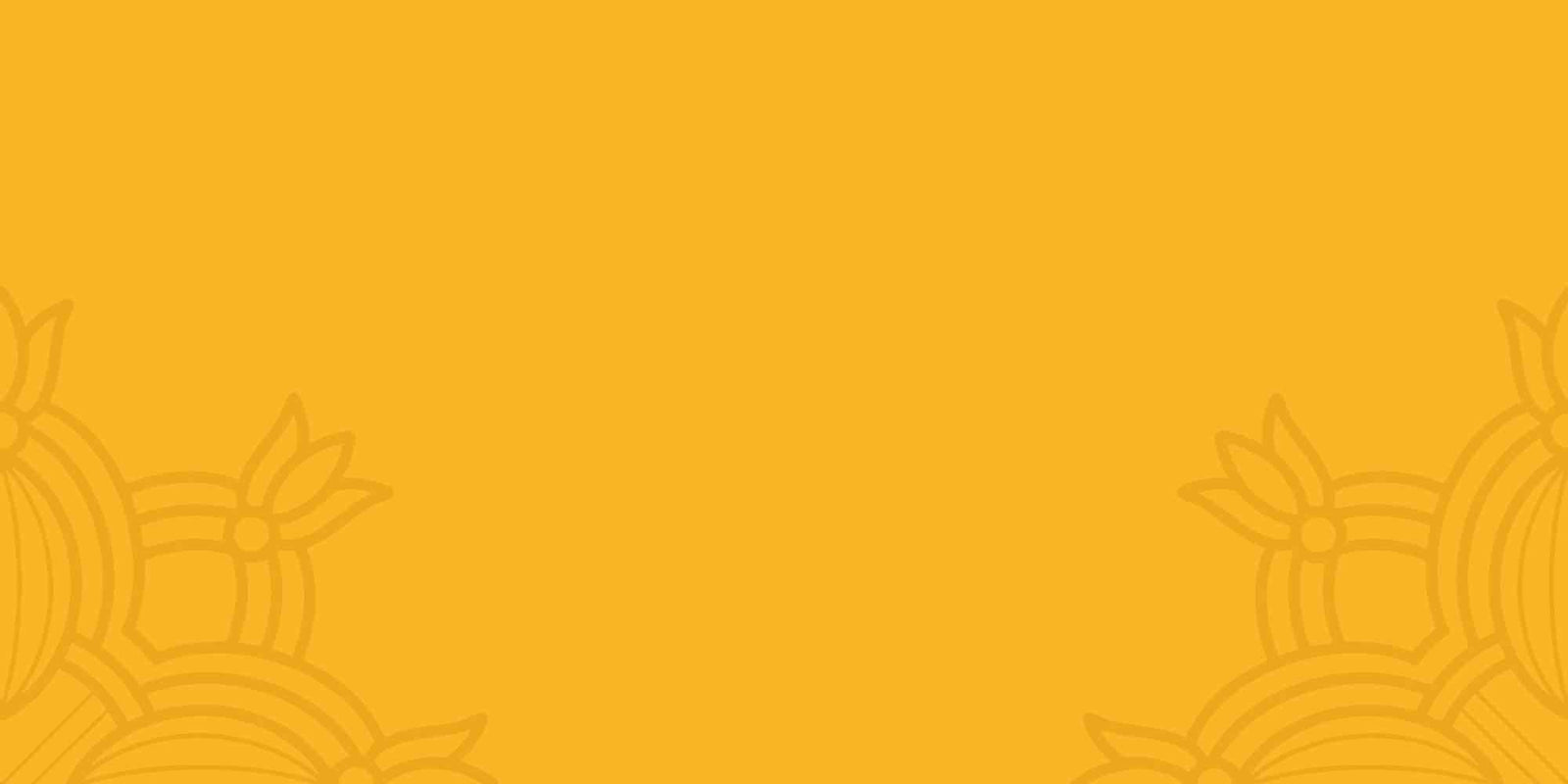

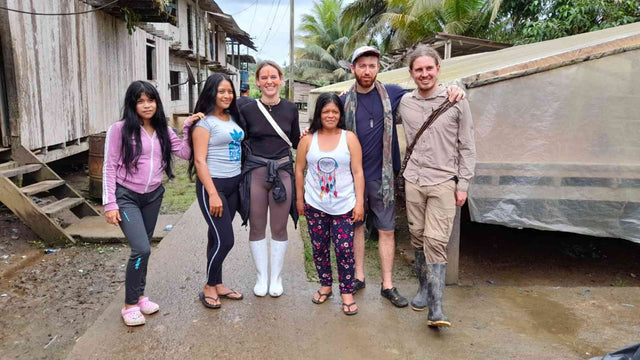
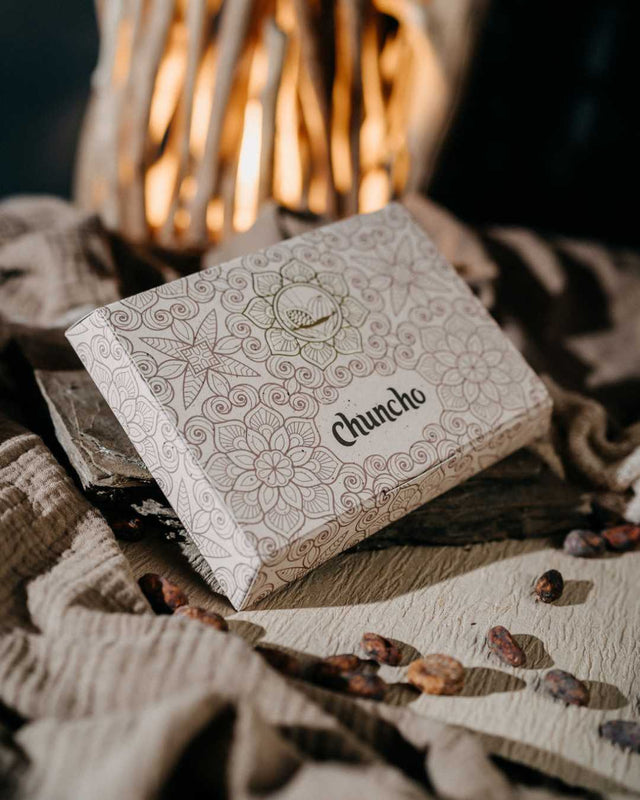
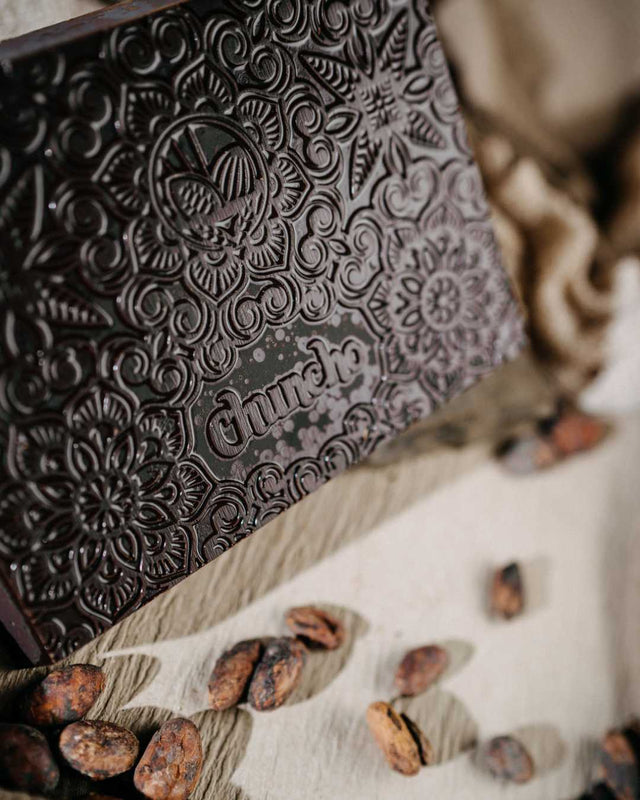
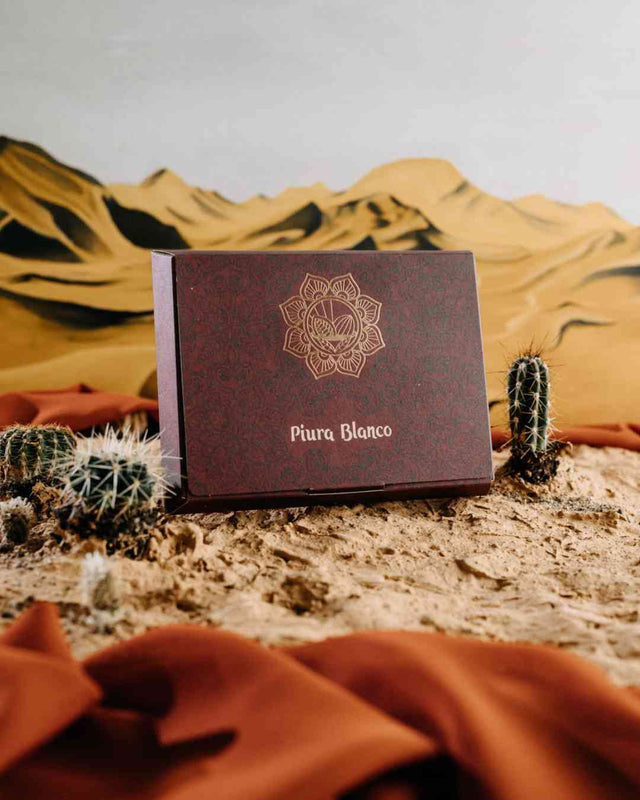
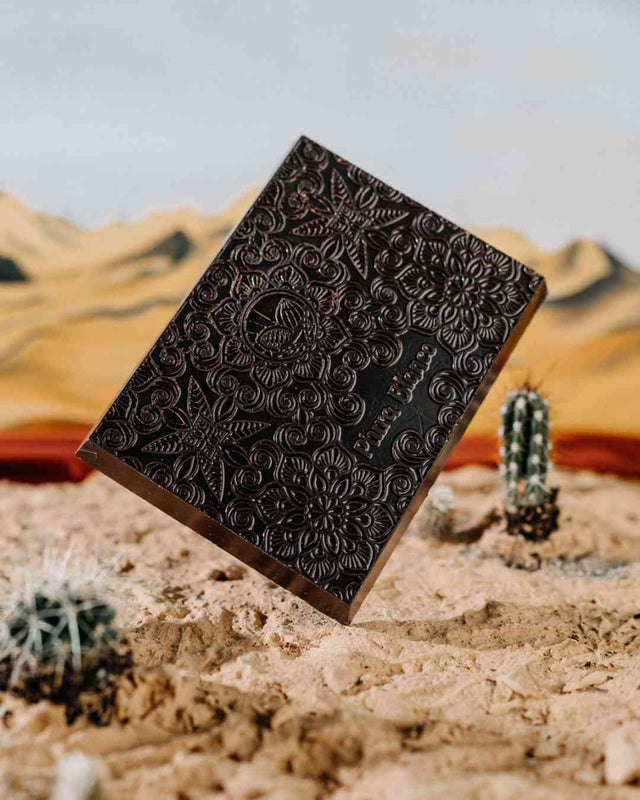
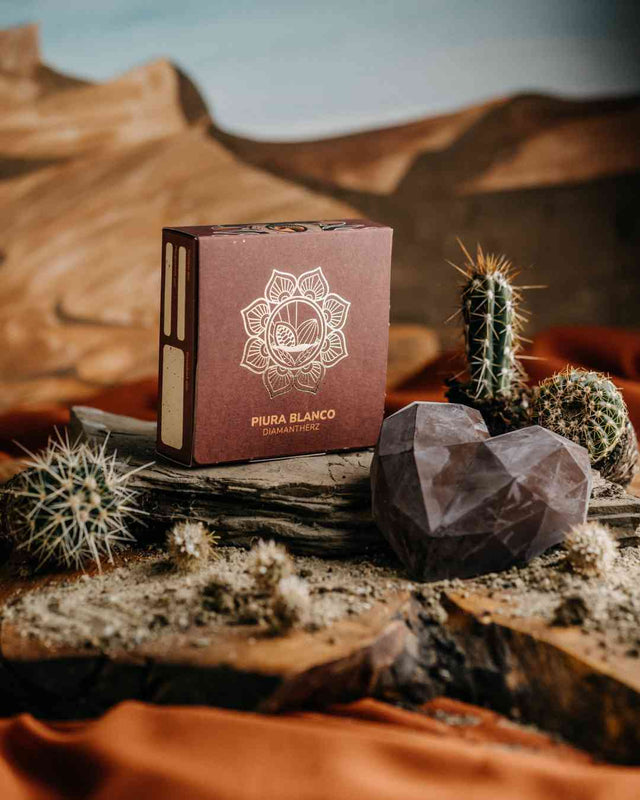
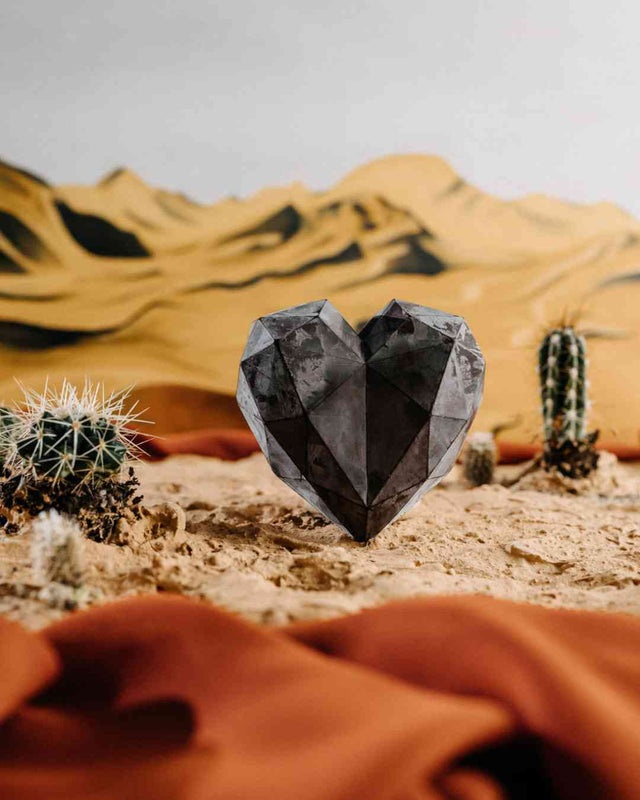
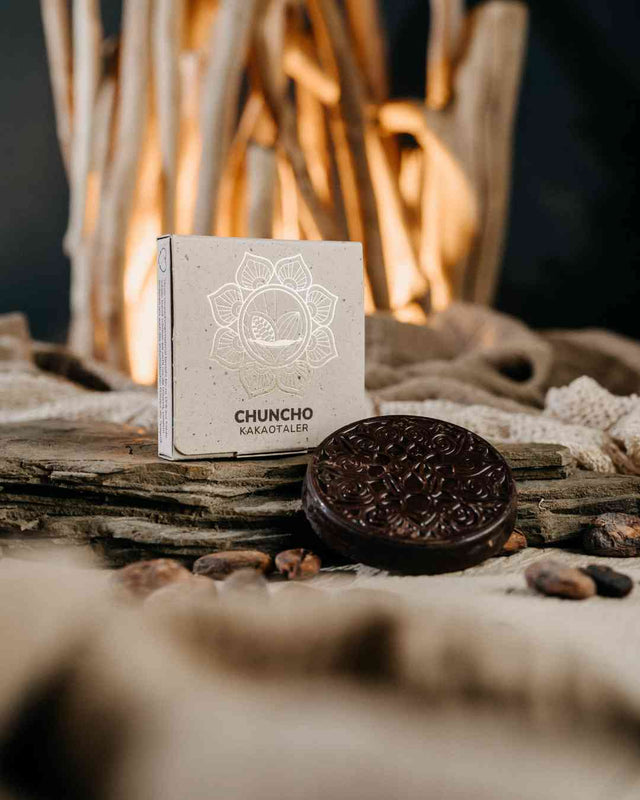
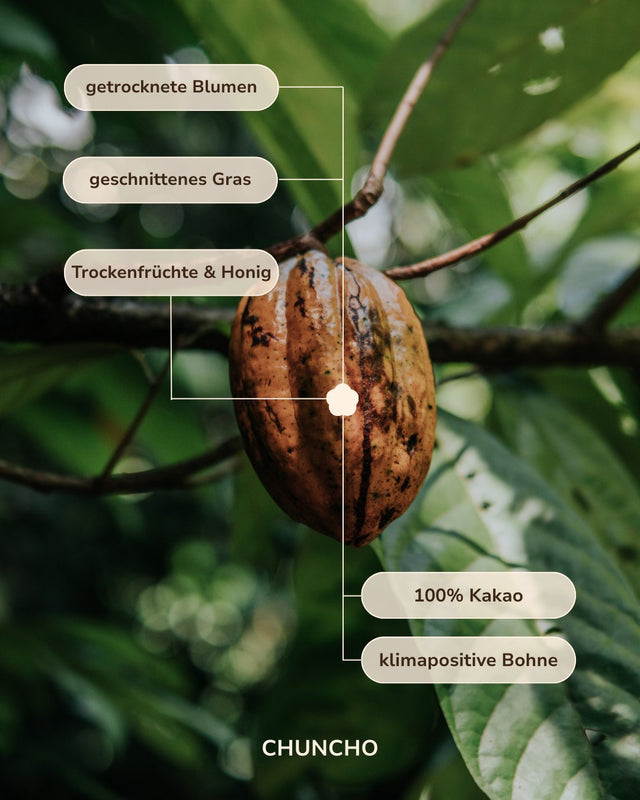

Comments
Danke, dass Ihr uns mitnehmt und ich durch diesen berührenden Bericht ein bisschen mehr von Euch mit bekommen kann.
Herzensgrüße aus Freiburg
Liebes Kakao-Mischa-Team!
Danke für’s Teilen dieser unfassbar abenteuerlichen Eindrücke eurer Reise. Ja, ihr seid das Tor zur zivilisierten Welt und eine Verbindung, die das Wirken dieser ursprünglichen Menschen hinaus in die Welt trägt und somit für uns alle erhält. Es erfüllt mich mit großer Dankbarkeit Teil dieser Kette der Wertschätzung zu sein. Mit jedem Schluck Mischa-Kakao spüre ich diese Urkraft der Erde, nehme sie dankbar auf und trage mein Glück weiter.
Die Welt braucht Herz; danke für euer Sein und Tun!
In Liebe, Sandra